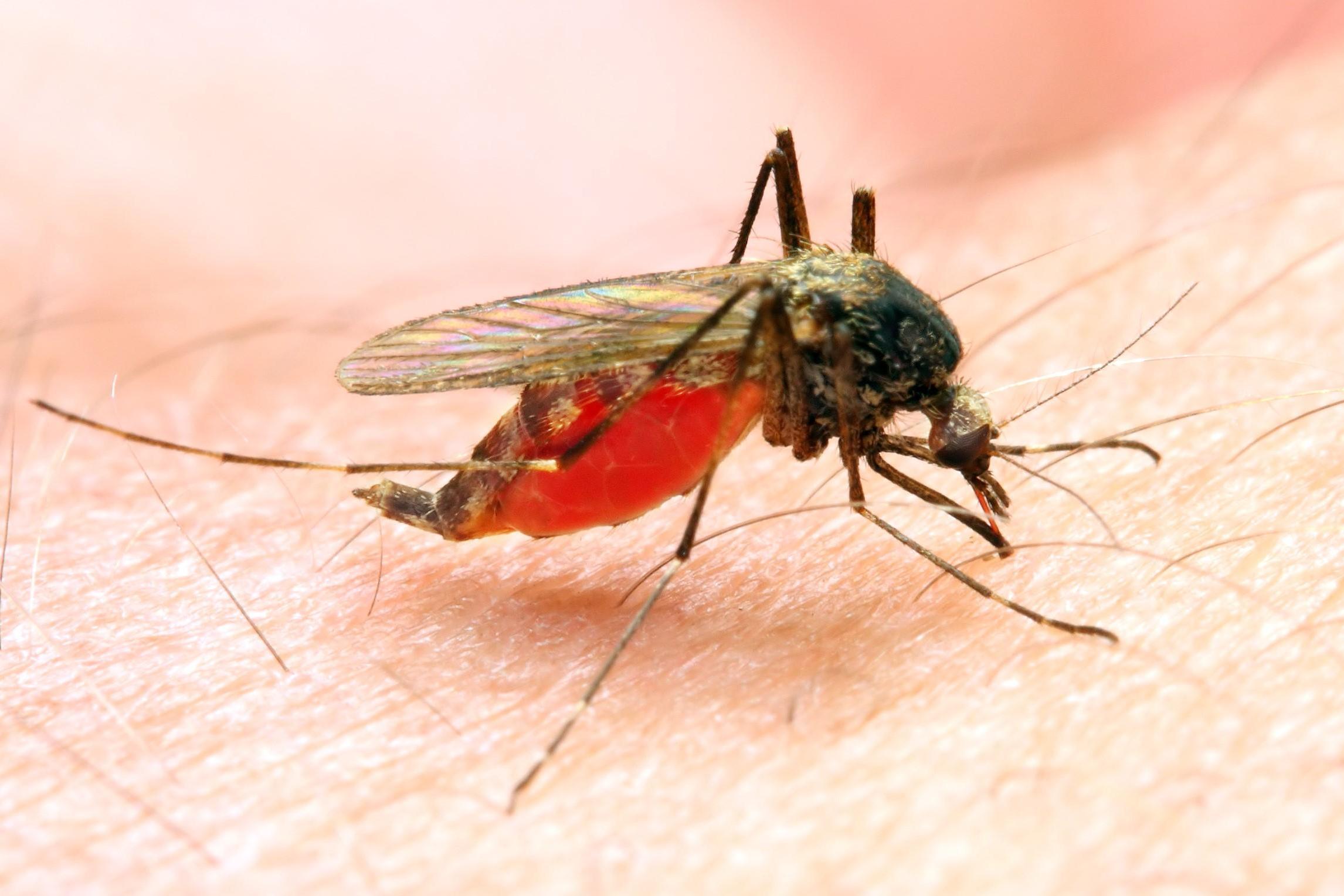Clothes lined with graphene could prevent mosquito bites, study shows
Super strong material blocks chemical signals in sweat that encourage blood-sucking insects to bite

Your support helps us to tell the story
From reproductive rights to climate change to Big Tech, The Independent is on the ground when the story is developing. Whether it's investigating the financials of Elon Musk's pro-Trump PAC or producing our latest documentary, 'The A Word', which shines a light on the American women fighting for reproductive rights, we know how important it is to parse out the facts from the messaging.
At such a critical moment in US history, we need reporters on the ground. Your donation allows us to keep sending journalists to speak to both sides of the story.
The Independent is trusted by Americans across the entire political spectrum. And unlike many other quality news outlets, we choose not to lock Americans out of our reporting and analysis with paywalls. We believe quality journalism should be available to everyone, paid for by those who can afford it.
Your support makes all the difference.Clothes lined with graphene could stop mosquito bites and help prevent the spread of deadly diseases such as malaria, new research suggests.
Since its discovery in 2004, graphene has been touted to improve everything from water filtration to solar cells. This is made possible by the remarkable properties of the one-atom thick material, which is 200-times stronger than steel, more conductive than copper and as flexible as rubber.
Now, scientists say the super thin material blocks chemical signals in sweat that encourage the blood-sucking insects to bite. Tests also showed that the material is too strong for mosquitos to bite through.
“Mosquitoes are important vectors for disease all over the world, and there’s a lot of interest in non-chemical mosquito bite protection,” said senior author Professor Robert Hurt from Brown University.
“We had been working on fabrics that incorporate graphene as a barrier against toxic chemicals, and we started thinking about what else the approach might be good for. We thought maybe graphene could provide mosquito bite protection as well.”
To test the material, participants placed their arms in an enclosure filled with mosquitos. Researchers compared the number of bites participants received on their bare skin, on skin covered in cheesecloth and on skin covered by a graphene oxide (GO) film.
Skin covered with the GO film did not get a single bite, unlike skin that was bare or covered in cheesecloth, according to the paper published in PNAS.
“With the graphene, the mosquitoes weren’t even landing on the skin patch—they just didn’t seem to care,” said Cintia Castilho, a PhD student at Brown University and the study’s lead author.
“We had assumed that graphene would be a physical barrier to biting, through puncture resistance, but when we saw these experiments we started to think that it was also a chemical barrier that prevents mosquitoes from sensing that someone is there.”
When researchers put human sweat on the outside of the graphene barrier, the chemical cues meant mosquitos flocked to the patch in the same way they flocked to bare skin. Other research showed GO was only strong enough to resist their bites when it was dry and no longer worked when they saturated it in water.
Researchers now want to stabilise GO so it’s tougher when it’s wet. “This next step would give us the full benefits of breathability and bite protection,” said Professor Hurt.
Mosquitos are considered one of the most dangerous creatures in the planet, responsible for killing nearly half the people who have ever lived.
With the climate warming, preventing them from spreading disease is going to be more of a challenge as their range expands.
Earlier this year researchers found mosquito-borne diseases such as dengue, yellow fever and the Zika virus are on course to spread – posing a risk to half the world’s population.
The models predict that by 2050, 49 per cent of the world’s population will live in places where these species are established if greenhouse gas emissions continue at current rates.
Join our commenting forum
Join thought-provoking conversations, follow other Independent readers and see their replies
Comments